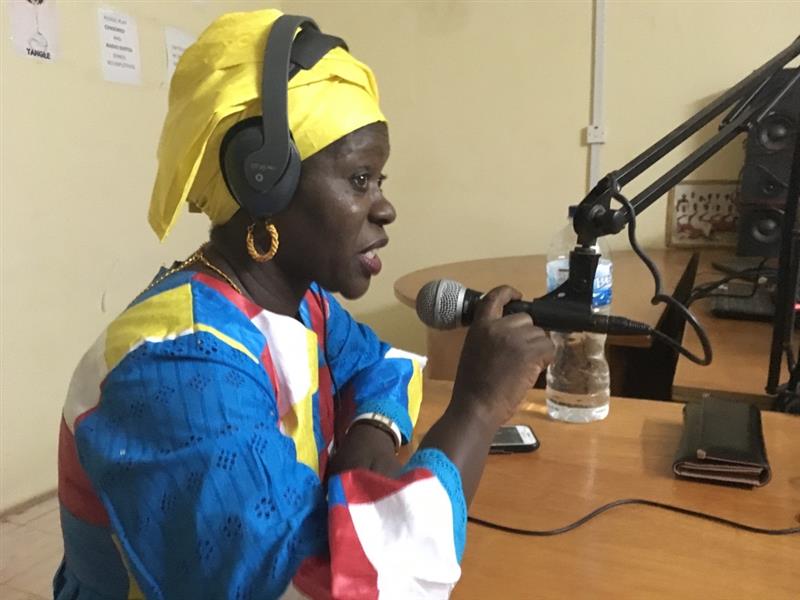
On May 3, 1991, a group of African journalists adopted the Windhoek Declaration, demonstrating their commitment to free press in the region and inspiring like-minded declarations worldwide. Nearly three decades later, we celebrate the anniversary of the Windhoek Declaration as World Press Freedom Day in the midst of the devastating COVID-19 pandemic — a crisis that has underscored the vital importance of an independent media capable of holding governments accountable and transmitting public health information to citizens.
In recognition of the crucial role of journalism in strong democracies, the International Republican Institute (IRI) has partnered with the Gambia Press Union to support the country in its pivot towards a free and neutral media after more than two decades of political repression.
In 2016, former President of The Gambia Yahya Jammeh suffered a surprise defeat by opposition candidate Adama Barrow — bringing 22 years of authoritarianism to an end and enabling the country’s democratic transition. Under Jammeh, freedom of expression and human rights abuses were routine — with journalists, activists and political opponents facing harassment, arbitrary arrest, torture and even death. By closing media outlets and targeting journalists, Jammeh created a climate of fear for journalists that the country is still working to address.
In 2017 — the same year Barrow took office — IRI partnered with the Gambia Press Union to support independent journalists through capacity building efforts and the repeal of Jammeh-era legislation. Collaborating with journalists across The Gambia, IRI has encouraged a new generation of government watchdogs to hold the government accountable, demand transparency and report on vital issues such as the national budget, the upcoming referendum and the constitutional review process.
Joining forces with the Gambia Press Union, IRI has hosted workshops and provided journalists with the necessary guidance to organize future trainings. Targeting parliamentary journalists, our workshops help to ensure that reporting on parliamentary proceedings in the Gambia is more analytical than before. We also include community radio hosts in our trainings, who are critical to the dissemination of information throughout all parts of The Gambia.
We’ve solicited stories, fielded journalist applications for funding and supported the production of more than 25 print and radio stories focused on public finances. Additionally, some of the reporters with whom we’ve partnered have gone on to investigate and expose government missteps with or without IRI support. Radio hosts, for instance, have adapted discussions from IRI roundtables and shown heightened interest in topics such as fiscal transparency and government accountability.
In addition to empowering local journalists, IRI has also contributed to the quality of reporting in The Gambia, elevating fact-based journalism and discouraging the use of vitriolic language to describe political opponents. When tensions between the two parties escalated following Jammeh’s departure (with animosity occasionally directed at the Jola ethnic group to which Jammeh belongs), IRI hosted trainings for both the media and civil society organizations that produced “peace messages” — radio hours that feature community leaders’ thoughts on the importance of tolerance and unity in The Gambia. IRI is also working with the Gambian National Assembly to implement media reforms and repeal laws that penalize dissenting voices.
Top